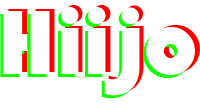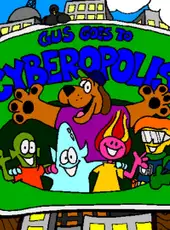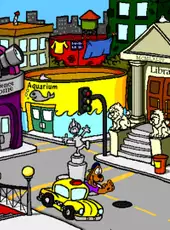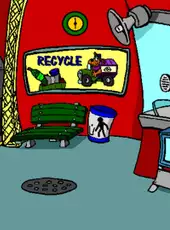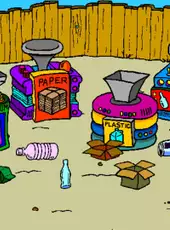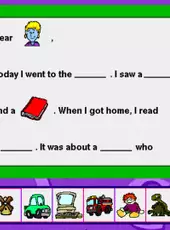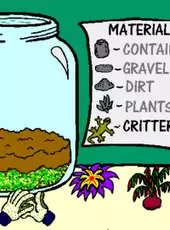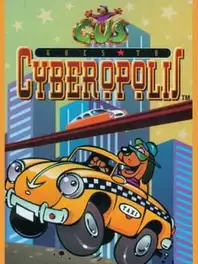
Gus Goes to Cyberopolis - Vídeo
Género:
Point-and-click
Plataformas:
PC (Microsoft Windows), Mac, DOS, Apple Pippin
Gus Goes to Cyberopolis is an educational game for children between three and eight. The player can explore six locations and trigger animations by clicking on items on screen. Gus' three buddies are hiding in each screen and speak/sing to the player when found. Each location additionally has an activity:
Subway: the player has to recycle a number of items by dragging them on the correct bin (aluminium, plastic, paper or glass).
Post Office: the player has to complete a partially written letter by dragging icons on the blank parts. There are no right or wrong choices.
Science Dome: creating a soil aquarium by choosing the container, gravel, dirt, plants and critters. This is a freeform activity without a set goal.
Aquarium: a concentration variant with sea animals.
Library: after spinning the globe, the player can click on a visible continent. Then a short factoid about a local animal is shown.
Gus's Diner: The diner is located in six countries (USA, France, Germany, Spain, Italy and Japan) which can be changed by clicking on the flag. Clicking on any item gives its name in the local language. In the background are also local photographs which can be changed by clicking on them.
Subway: the player has to recycle a number of items by dragging them on the correct bin (aluminium, plastic, paper or glass).
Post Office: the player has to complete a partially written letter by dragging icons on the blank parts. There are no right or wrong choices.
Science Dome: creating a soil aquarium by choosing the container, gravel, dirt, plants and critters. This is a freeform activity without a set goal.
Aquarium: a concentration variant with sea animals.
Library: after spinning the globe, the player can click on a visible continent. Then a short factoid about a local animal is shown.
Gus's Diner: The diner is located in six countries (USA, France, Germany, Spain, Italy and Japan) which can be changed by clicking on the flag. Clicking on any item gives its name in the local language. In the background are also local photographs which can be changed by clicking on them.
Lanzado el 15/10/1994
×
![]()
